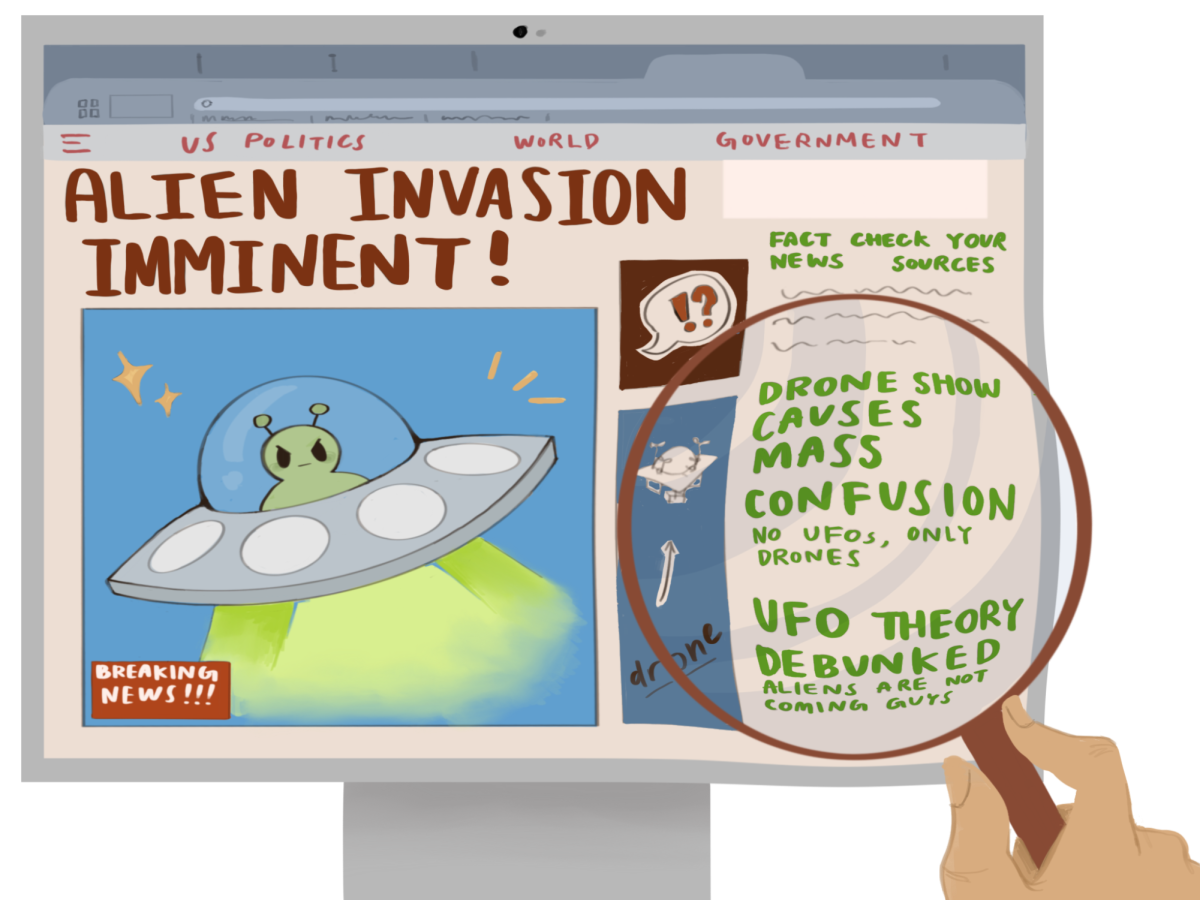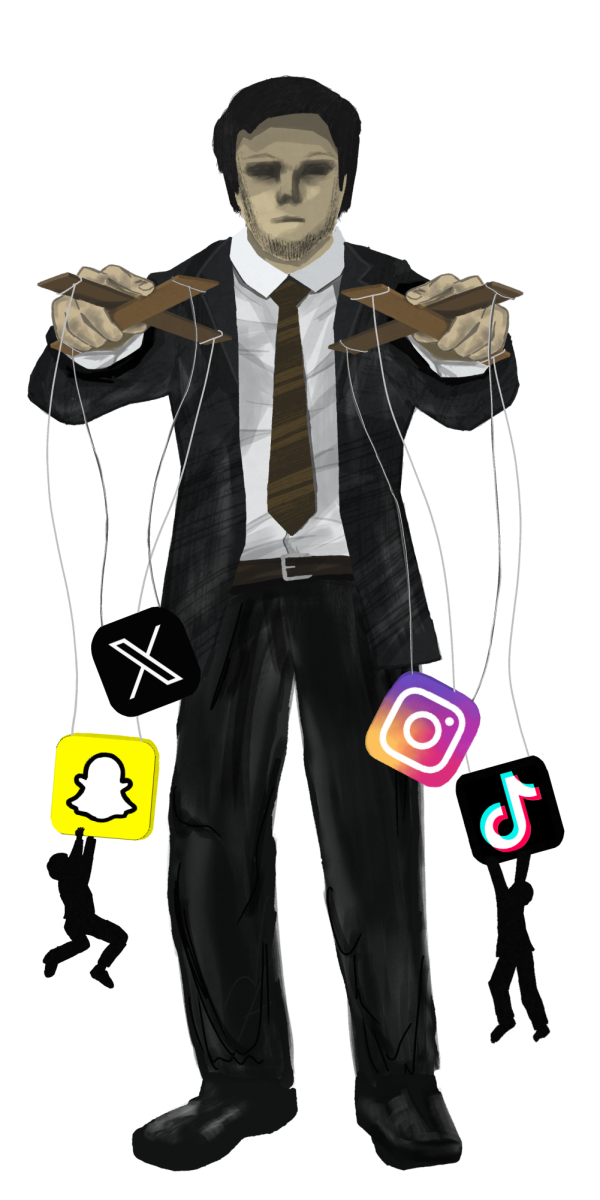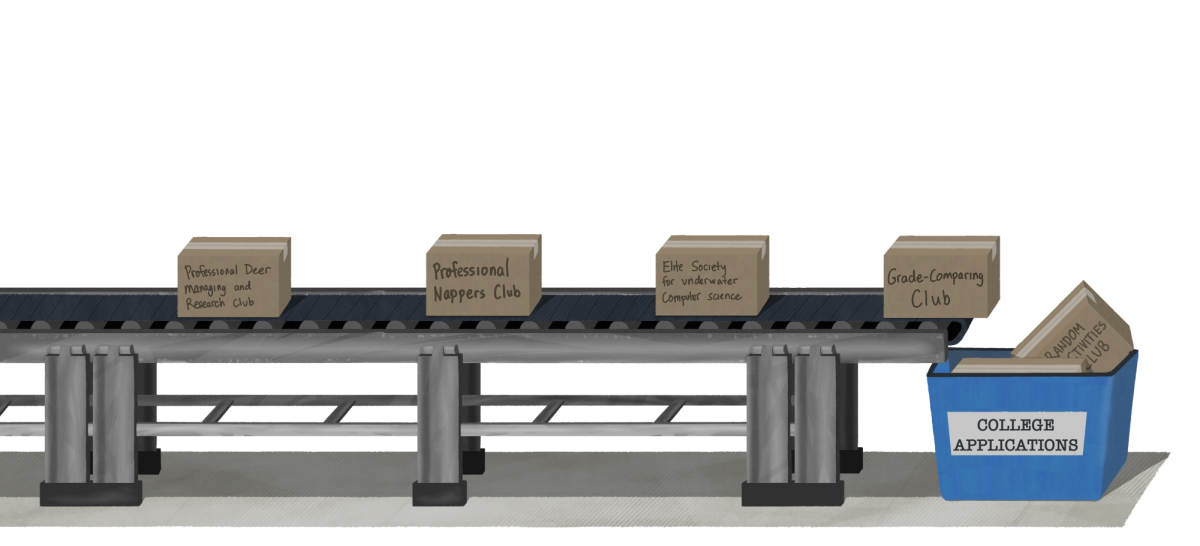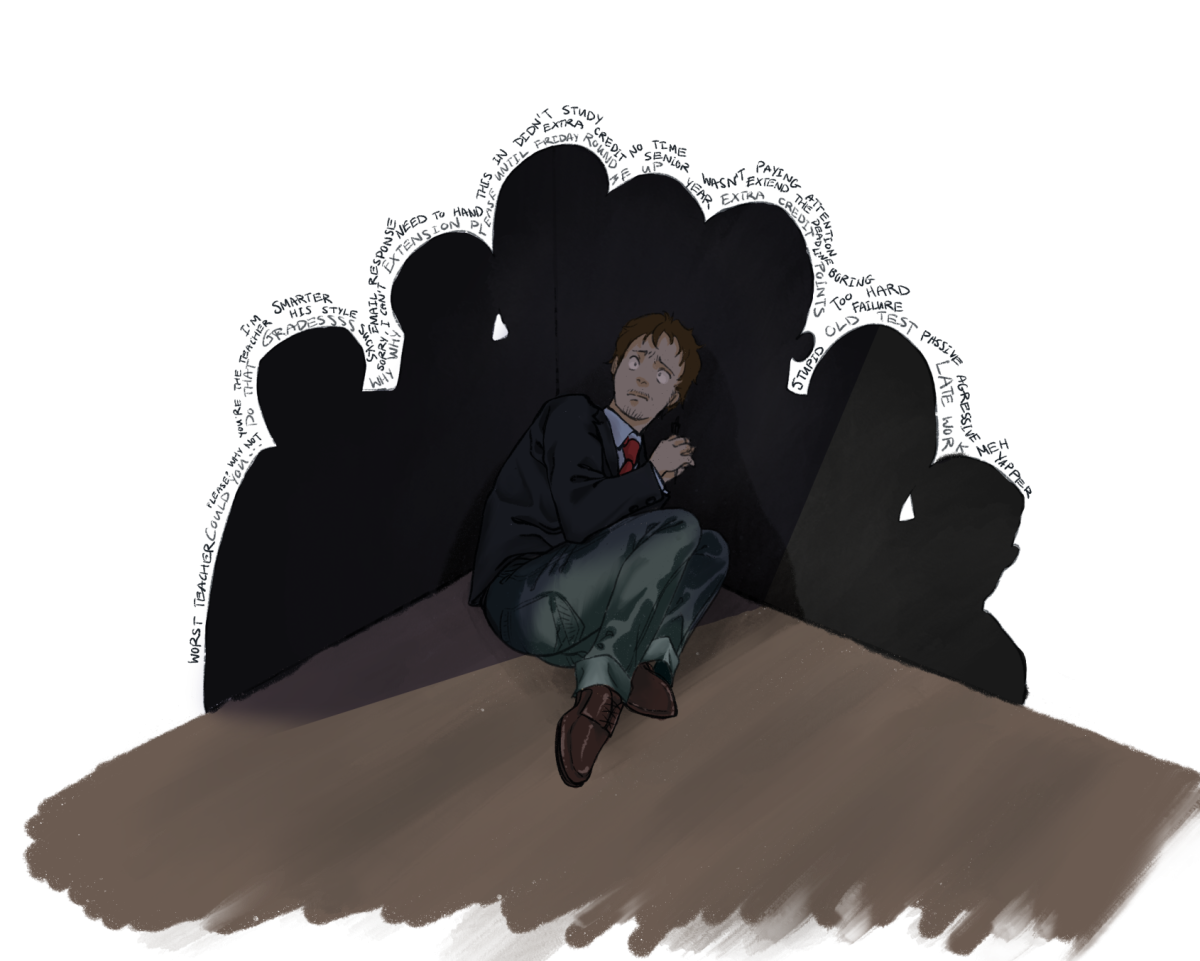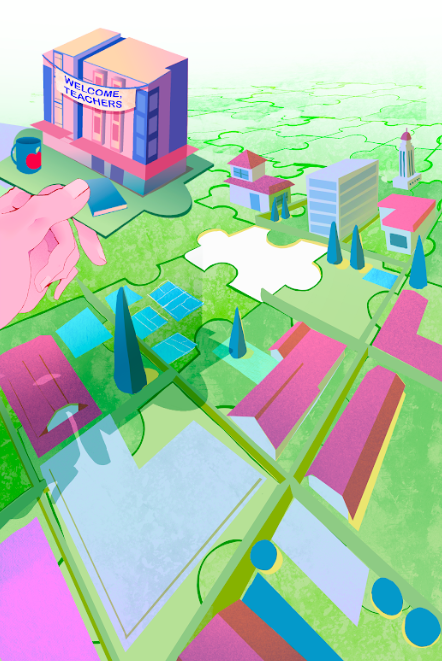Written by Seungik Shin
According to the website City Stats, 70 percent of Palo Alto are liberal. Although Palo Altans claim to condemn discrimination and judgement, in being part of a liberal majority, many Palo Altans have inadvertently contrived an intolerance of other ideas.
Palo Alto tends to shut out topics concerning different beliefs. Like many other extreme American liberals, Palo Altans believe in free speech but not everyone gets to express their beliefs. Sometimes, people are discouraged from even mentioning their religious views. By expressing their religious beliefs they offend non-believers or those who find their religious views offensive; meanwhile, people are urged to listen carefully to those who attack their religions lest they risk appearing close-minded or bigoted. Similarly, Palo Altans have created, in our drive for “political correctness,” an elitist society that has made it permissible and even normal for people to censor people who have different views simply because they say things that are contrary to their own personal beliefs. For instance, after Trump was elected president, many Gunn students stormed to Facebook, posting statuses saying “You can unfriend me if you voted for Trump,” or “If you voted for Trump, we can’t be friends.” These messages reflect a common mindset among Palo Altans: if someone isn’t liberal, they are inherently a bad person. People who posted these statuses, or who share this belief, are often the very people who believe in acceptance of everyone, regardless of their ethnicity, race or sexuality. Yet, when it comes to this particular political ideology, Palo Altan liberals go against their own statutes when it comes to anyone who might have a contrasting view to theirs. This is not only hypocritical, but also inhibits progress in terms of decreasing partisanship and coming to a consensus in common-sense policy decisions.
Palo Altan ideals thus do not represent a just and fair society; instead their practices and actions attack their adversaries instead of maintaining the open mind many left-leaning community members tend to promote. After the recent election there were mixed feelings among the nation, and Palo Alto was no exception. Messages asking Trump supporters to unfriend them demonstrated the hate developed towards conservatives, or anyone who doesn’t agree with their views in general.
Lastly, Palo Alto abuses political labels. When people feel obligated to confine themselves to a specific political label, they begin to stop putting effort into listening to each other’s views and instead formulate beliefs based on the their rigid box of beliefs their political party keeps instead of on their own logic. For instance, many Palo Altans tend to look down upon and mislabel of Donald Trump supporters. People tend to think of Trump supporters as definitively sexist, homophobic and racist. This mindset hinders one’s ability to engage in thoughtful, constructive and educated discussion about national policy and other political issues. Political labeling promotes thoughtless decision-making over rational and independent judgment for a given issue. Rather than focusing solely on the issue at hand, Palo Altans often adopt the position of their party or political identity without serious consideration of the contrary positions. It leaves the community with the inability to consider other people’s’ points of view and discourages forward thinking.
All in all, despite Palo Alto’s liberal stance and inclusiveness towards other cultures and ethnicities, Palo Alto has an intolerance when it comes to conservatism—limiting the inclusiveness it strives for and, ultimately, hurting others.



